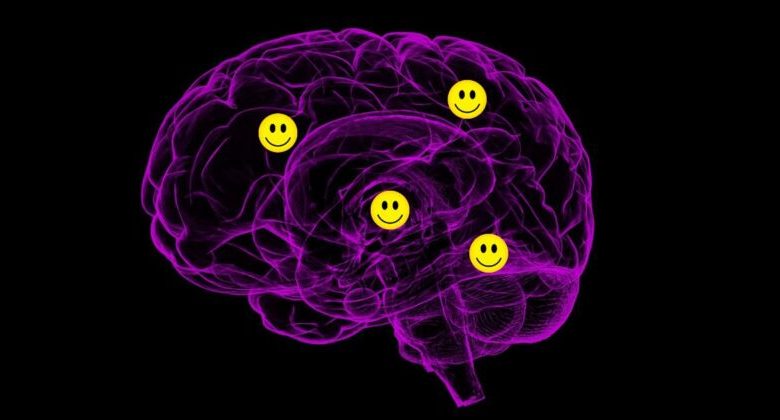Company Releases Brain Implant To Treat Depression

A penny-sized microchip embedded under your scalp and powered wirelessly by an external device could deliver tiny electrical pulses to the region of your brain affected by severe depression and replace conventional antidepressants, according to Los Angeles-based startup Inner Cosmos.
Inner Cosmos is one of a growing number of tech companies making brain implants, but the first of its kind to implant the chips in the bone of the skull to provide immediate relief for depression.
After nothing else worked, Sarah, the first patient in the world to undergo the experimental treatment, had a targeted jolt sent to just the right spot in her brain via her deep brain stimulation or DBS device, causing her to laugh.
Inner Cosmos’s “digital pill” includes two parts: An electrode implanted under the skin of the scalp — the smallest and least invasive technology to date, about the size of a penny –and a prescription pod that snaps onto the users’ hair to power the device.
Stat News described how the device works: “By mapping out a depressed patient’s brain circuitry, researchers were able to identify biological markers that told them symptoms were coming, and implant a device to deliver targeted electrical stimulation and provide immediate relief in something like a cranial call and response.”
Two researchers at the University of California at San Francisco are behind the work — Katherine Scangos and Andrew Krystal. They want to see if they can recreate Sarah’s treatment with other patients and pave the way for customizable, effective depression therapy when nothing else works.
The treatment used on Sarah involves stimulations lasting six seconds at a time, each time a specific depressive biomarker is identified, Stat News reported. Researchers discovered that the therapeutic effects of stimulation didn’t stop when the electrical current stopped — they persisted.
“The idea of stimulating somebody and just a few seconds later, them saying, ‘My depression is gone’ … it is just stunning,” Krystal said. “They have this experience where they haven’t felt this good in years, they get hope. They feel like there’s a sense of relief … It’s clearly linked to their body, their biology.”
In psychiatry, an instantaneous improvement is groundbreaking. It usually takes up to eight weeks to know if meds are working, lead author Scangos told STAT.
“What’s particularly exciting to me is that we’re starting to recognize some of the complexity that’s involved with how mood is regulated — the brain as a network, not just one particular node in the part of the brain that’s responsible for all of them, but interacting areas in the brain that give rise to really complex emotions that underlie things like depression, anxiety,” said senior study author Edward Chang.
Inner Cosmos was founded by entrepreneur Meron Gribetz, who was diagnosed with attention deficit disorder (ADD) as a child. The implant surgery takes 30 minutes in an outpatient facility, Daily Mail reported.
The goal of Inner Cosmos is to move away from prescription drugs toward a more effective treatment for depression and anxiety. “Just to underscore this point, there’s 140 million Americans every year that use attention or depression drugs — that’s more users than have iPhones,” Gribetz said in a 2022 presentation.
Other brain chip interfaces
Elon Musk’s Neuralink is building a brain chip interface that can be implanted in the skull to connect a human with a computer, allowing people with neurological disorders to control computers or robotic limbs with their minds. Human trials are expected to begin in 2023 pending regulatory approval.
Synchron, a brain implant startup backed by Amazon’s Jeff Bezos and Microsoft’s Bill Gates, is testing mind-controlled computing on humans. Human trials begin in July. The firm’s brain implant, about the size of a paperclip, will be implanted in six patients with severe paralysis.





